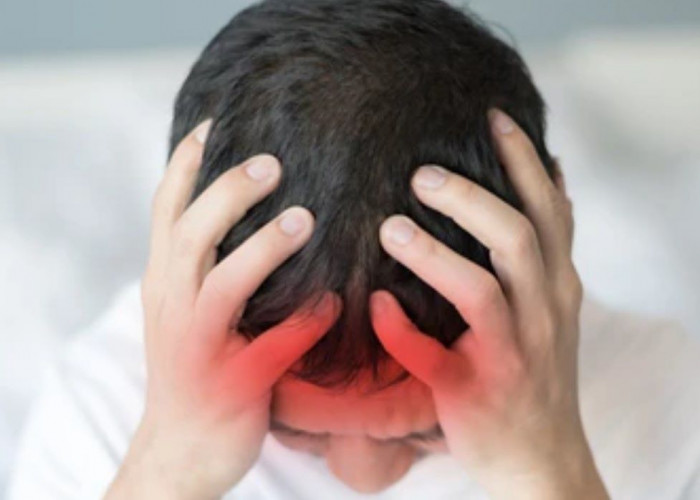 Welcome
Welcome
“May all be happy, may all be healed, may all be at peace and may no one ever suffer."
Concussion

A concussion is a type of traumatic brain injury (TBI) that occurs when the brain is jolted or shaken, usually by a blow to the head. Concussions can also occur from a blow to the body that causes the head and brain to move rapidly back and forth. Symptoms of a concussion can include headaches, dizziness, confusion, memory problems, and sensitivity to light and noise. In some cases, loss of consciousness may also occur, but this is not always the case. Most concussions are mild and do not cause long-term problems, but in some cases, symptoms can last for weeks or even months. Diagnosis is typically based on symptoms and a physical exam, but imaging tests such as CT scans or MRIs may also be used to rule out other possible injuries. Treatment for a concussion typically involves rest and avoiding activities that may worsen symptoms. Pain relievers and other medications may also be used to manage symptoms. In most cases, individuals with a concussion will gradually recover and return to normal activities within a few weeks to a few months.
Research Papers
Disease Signs and Symptoms
- Headaches
- Irritability and other personality changes
- Forgetfulness, such as repeatedly asking the same question
- Delayed response to questions
- Temporary loss of consciousness (though this doesn't always occur)
- Dizziness or "seeing stars"
- Amnesia surrounding the traumatic event
- Confusion or feeling as if in a fog
- Forgetfulness
- Slurred speech
- Dizziness (vertigo)
- Blurred vision of eye
- Drowsiness
- Fatigue (Tiredness)
- Nausea or vomiting
- Ringing in ears (tinnitus)
- Memory loss
- Psychological adjustment problems and depression
Disease Causes
Concussion
Your brain has the consistency of gelatin. It's cushioned from everyday jolts and bumps by cerebrospinal fluid inside your skull.
A violent blow to your head and neck or upper body can cause your brain to slide back and forth forcefully against the inner walls of your skull.
Sudden acceleration or deceleration of the head, caused by events such as a car crash or being violently shaken, also can cause brain injury.
These injuries affect brain function, usually for a brief period, resulting in signs and symptoms of concussion.
This type of brain injury may lead to bleeding in or around your brain, causing symptoms such as prolonged drowsiness and confusion. These symptoms may develop immediately or later.
Such bleeding in your brain can be fatal. That's why anyone who experiences a brain injury needs monitoring in the hours afterward and emergency care if symptoms worsen.
Disease Prevents
Concussion
Some tips that may help you to prevent or minimize your risk of head injury include:
- Wearing protective gear during sports and other recreational activities. Make sure the equipment fits properly, is well maintained and is worn correctly. Follow the rules of the game and practice good sportsmanship.
- When bicycling, motorcycling, snowboarding or engaging in any recreational activity that may result in head injury, wear protective headgear.
- Buckling your seat belt. Wearing a seat belt may prevent serious injury, including head injury, during a traffic accident.
- Making your home safe. Keep your home well lit and your floors free of anything that might cause you to trip and fall. Falls around the home are a leading cause of head injury.
- Protecting your children. To help lessen the risk of head injuries to your children, block off stairways and install window guards.
- Exercising regularly. Exercise regularly to strengthen your leg muscles and improve your balance.
- Educating others about concussions. Educating coaches, athletes, parents and others about concussions can help spread awareness. Coaches and parents can also help encourage good sportsmanship.
Disease Treatments
There are steps you can take to help your brain heal and speed recovery.
Physical and mental rest
In the first few days after a concussion, relative rest is the most appropriate way to allow your brain to recover. Your doctor will recommend that you physically and mentally rest to recover from a concussion.
Relative rest, which includes limiting activities that require thinking and mental concentration, is recommended for the first two days after a concussion. However, complete rest, such as lying in a dark room and avoiding all stimuli, does not help recovery and is not recommended. In the first 48 hours, you should overall limit activities that require high mental concentration — such as playing video games, watching TV, doing schoolwork, reading, texting or using a computer — if these activities cause your symptoms to worsen.
You also should avoid physical activities that increase any of your symptoms, such as general physical exertion, sports or any vigorous movements, until these activities no longer provoke your symptoms.
After a period of relative rest, it's recommended that you gradually increase daily activities such as screen time if you can tolerate them without triggering symptoms. You can start both physical and mental activities at levels that do not cause a major worsening of symptoms. Light exercise and physical activity as tolerated starting a few days after injury have been shown to speed recovery; however, you should avoid any activities that have a high risk of exposure to another head impact until you are fully recovered.
Your doctor may recommend that you have shortened school days or workdays, take breaks during the day, or have modified or reduced school workloads or work assignments as you recover from a concussion. Your doctor may recommend different therapies as well, such as rehabilitation for vision, rehabilitation for balance problems, or cognitive rehabilitation for problems with thinking and memory.
Returning to routine activity
As your symptoms improve, you may gradually add more activities that involve thinking, such as doing more schoolwork or work assignments, or increasing your time spent at school or work.
Your doctor will tell you when it's safe for you to resume light physical activity. Usually after the first few days after injury, you're allowed to do light physical activity — such as riding a stationary bike or light jogging — before your symptoms are completely gone, so long as it doesn't significantly worsen symptoms.
Eventually, once all signs and symptoms of concussion have resolved, you and your doctor can discuss the steps you'll need to take to safely play sports again. Resuming sports too soon increases the risk of another brain injury.
Pain relief
Headaches may occur in the days or weeks after a concussion. To manage pain, ask your doctor if it's safe to take a pain reliever such as acetaminophen (Tylenol, others). Avoid other pain relievers such as ibuprofen (Advil, Motrin IB, others) and aspirin, as these medications may increase the risk of bleeding.
Disease Diagnoses
Disease Allopathic Generics
Disease Ayurvedic Generics
Disease Homeopathic Generics
Disease yoga
Concussion and Learn More about Diseases

Syringomyelia
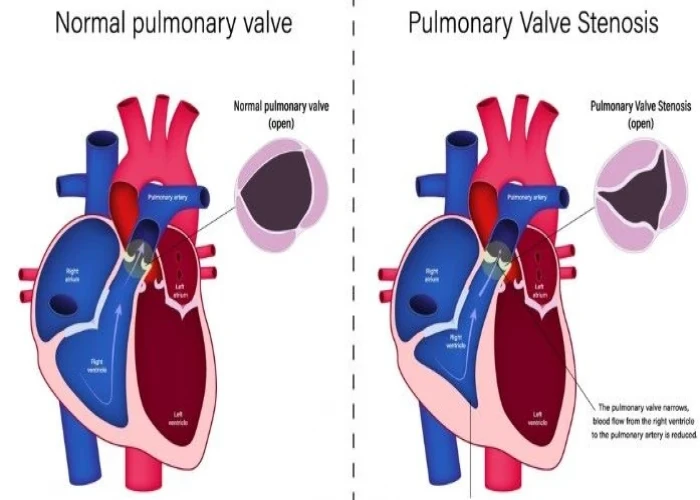
Pulmonary valve disease
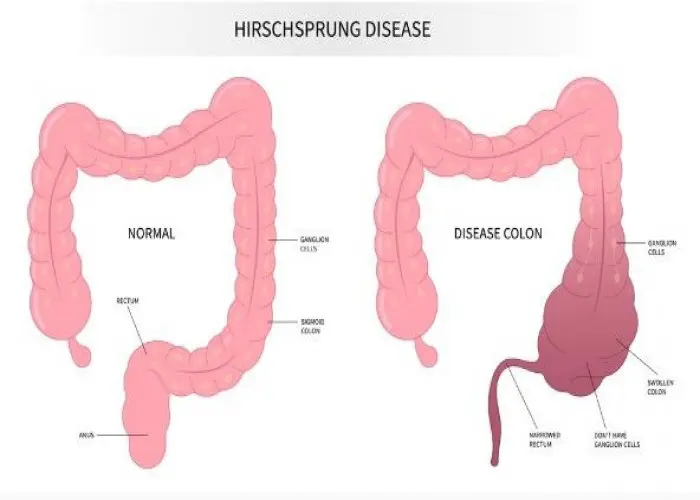
Hirschsprung's disease

H1N1 flu (swine flu)
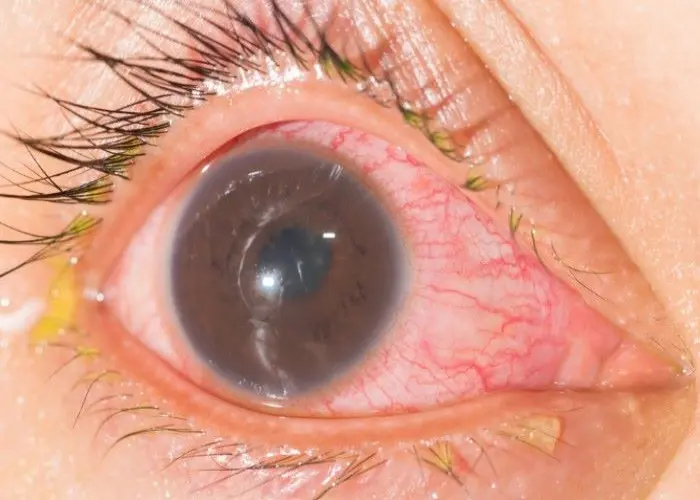
Iritis
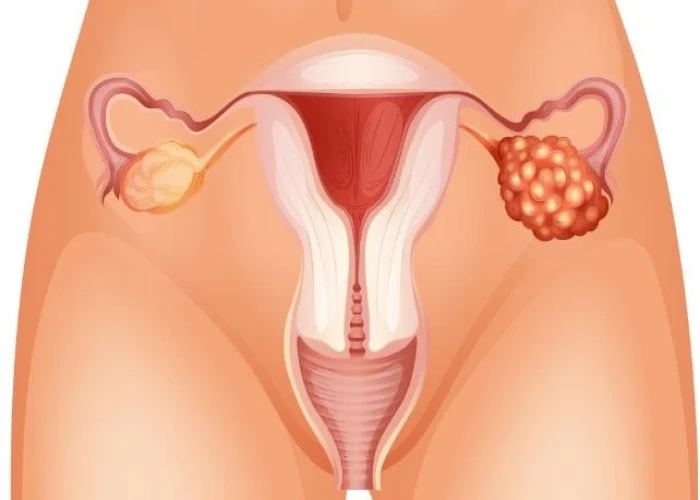
Ovarian cancer
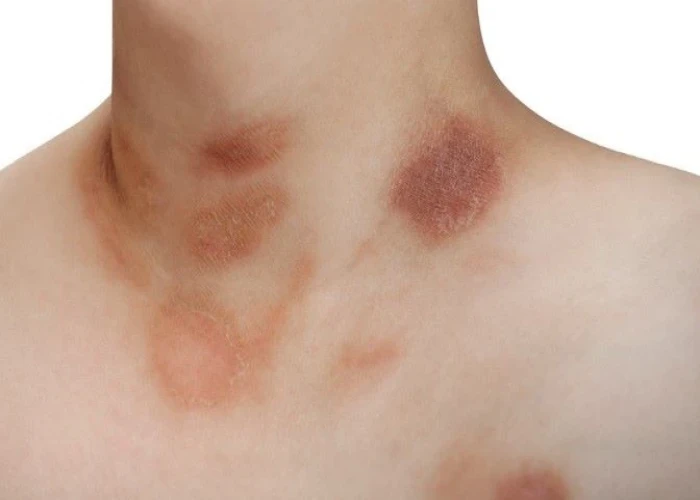
Pityriasis rosea
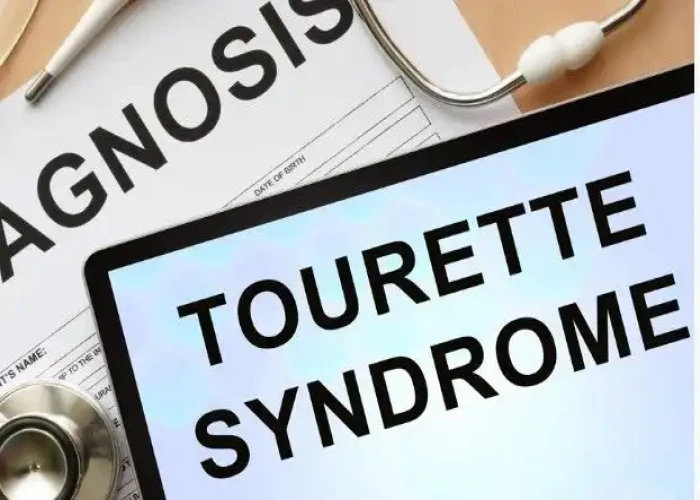
Tourette syndrome
Concussion, Signs of concussion, Post concussion syndrome, জ্বলন
To be happy, beautiful, healthy, wealthy, hale and long-lived stay with DM3S.
